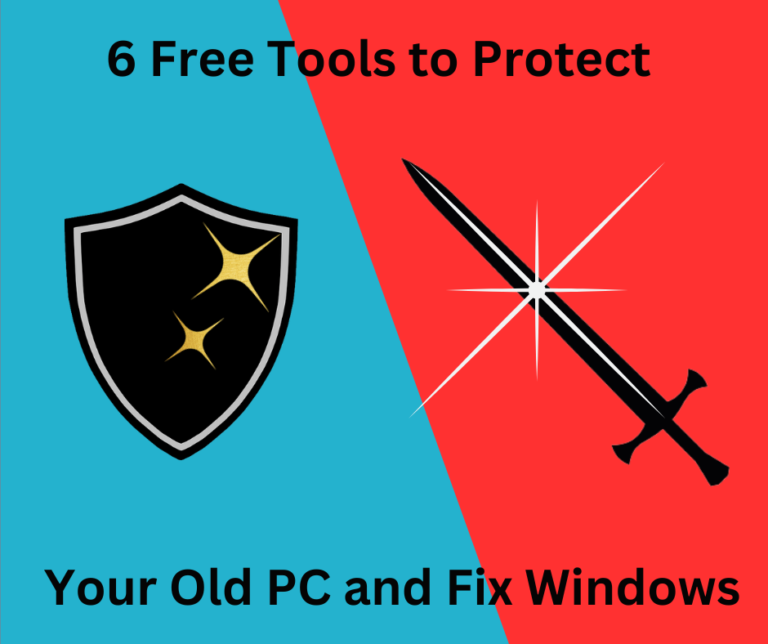
6 Essential Free Tools to Protect PC and Fix Windows Issues
Protecting our PC comes as the first priority when working online. There are many software’s out there which provide you with all-around protection and optimization, but they come with a price tag. If your PC is running slow or facing security threats…
